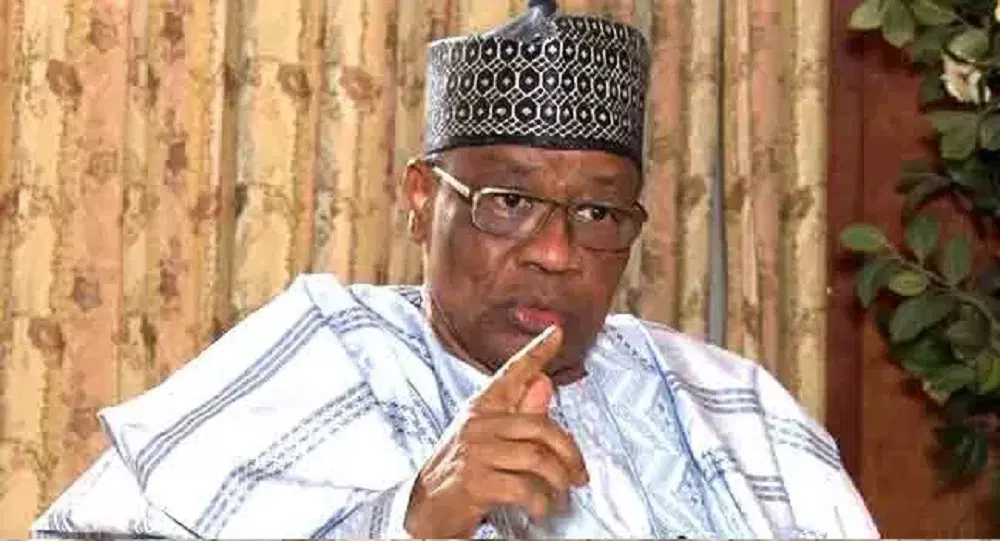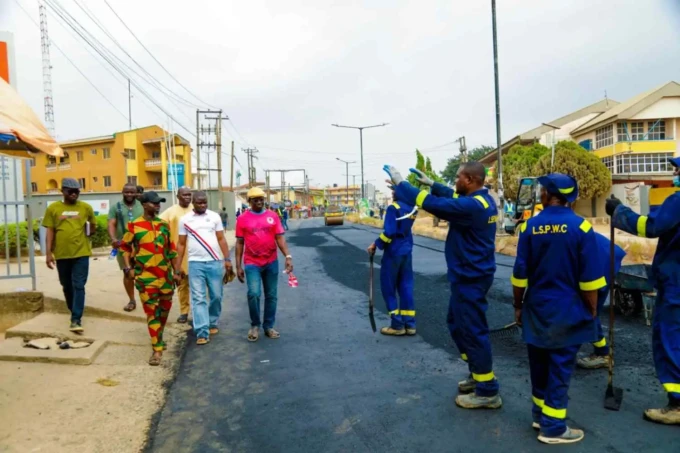In a gripping revelation from his autobiography, A Journey of Service, launched on February 20, 2025, former Head of State General Ibrahim Babangida (retd.) unveils the intricate details of a foiled coup allegedly orchestrated by his childhood friend, General Mamman Vatsa. This account, detailed in Chapter 10 titled “The Challenges of Leadership,” exposes the emotional and ethical conflict Babangida faced—forced to weigh decades of personal loyalty against the imperatives of national security. The narrative not only revisits a pivotal moment in Nigeria’s military history but also underscores the heavy toll of leadership decisions.
Babangida recounts how whispers of Vatsa’s coup plot initially surfaced as “a series of rumours.” Given their deep bond forged in Minna, he dismissed these as envy-driven fabrications. “I initially dismissed the rumours as unfounded jealousy of the close relationship we both shared since our youth,” he writes. However, as the murmurs grew louder, he sought counsel from senior officers like Generals Nasko, Garba Duba, and Wushishi. Their advice prompted discreet investigations by military and intelligence agencies, which unearthed “incontrovertible evidence” of Vatsa’s involvement. The former leader describes confronting Vatsa directly: “When the decibel of the stories rose too high, I confronted Vatsa himself… Vatsa flatly denied it all.” Despite this denial, the evidence was damning—Vatsa had financed officers, including Lt-Col. Musa Bitiyong, who received N50,000 for the plot. Vatsa claimed it was for a farm project, a defense weakened by Bitiyong’s prior coup-related controversies.
The plot’s scope was chilling. Intelligence revealed plans to bomb the Eko Bridge in Lagos, sabotage Air Force assets, and potentially hijack or shoot down the presidential aircraft—schemes Babangida labels “dastardly.” Once a military tribunal confirmed the evidence, the verdict was clear: execution. In March 1986, Vatsa and nine co-conspirators faced the firing squad. Babangida reflects, “It was clear that the coup planners had to be executed… They had planned a bloody coup which would have plunged the country into darkness.” For him, the choice was stark: “I had to choose between saving a friend’s life and the nation’s future.”
The decision exacted a profound personal toll. “I felt a deep personal sense of betrayal,” Babangida admits, recalling their shared history. “As a human being, I was somewhat depressed to watch him die in such circumstances.” Yet, he insists duty trumped sentiment: “The nation’s stability and the cohesion of the armed forces were too high on the scale of priorities to be sacrificed for personal considerations.” He underscores the military ethos: “Everyone who had signed on to a military career understood clearly what it meant to plan a coup and fail. The penalty was clear and unmistakable.” Despite later attempts by Vatsa’s family and political figures to politicize the execution, Babangida remains steadfast, arguing it was essential for national order.
The autobiography also delves into another defining moment—the annulment of the June 12, 1993, presidential election, addressed in Chapter 12, “Transition to Civil Rule and the June 12 Saga.” At the book’s launch in Abuja, Babangida expressed regret, acknowledging Moshood Abiola’s victory but attributing the annulment to “forces” led by General Sani Abacha. “I remember saying: ‘These nefarious “inside” forces opposed to the elections have outflanked me!’” he writes. Caught “between the devil and the deep blue sea,” he took responsibility, though he claims the decision averted Abiola’s assassination and a potential civil war. “Having participated in one civil war… I wasn’t prepared to see another,” he explains on page 287.
Reactions to these revelations have been swift and sharp. Vatsa’s family, represented by Jonathan Vatsa, decries the execution as unjust, questioning the rush to kill Mamman without appeal. “There was no valid reason for his execution… It wasn’t about sacrifice; they saw him as a threat,” Jonathan asserts, demanding restitution beyond apologies. Similarly, Hafsat Abiola-Costello, Abiola’s daughter, acknowledges Babangida’s admission but stresses its inadequacy in healing old wounds. “For decades, Nigerians have known the truth… It’s sad that such a galvanising statement as the breakthrough vote for MKO should have been truncated,” she says, honoring her parents’ sacrifice for Nigeria’s democratic hope.
Human rights activist Dr. Joe Odumakin delivers a searing critique, accusing Babangida of “Maradona-style double-speak.” She challenges his shifting of blame to Abacha, a subordinate he could have sacked as Commander-in-Chief. “It is ridiculous that Babangida would stoop to accusing a dead man… knowing full well that the accused would forever remain silent,” she states. Odumakin cites the prolonged, trap-laden transition program—marked by postponed handover dates in 1990 and 1992, and the banning of political groups—as evidence of Babangida’s reluctance to cede power, undermining his narrative.
Babangida’s account in A Journey of Service thus opens a window into the complexities of his tenure, revealing a leader wrestling with betrayal, duty, and legacy. The Vatsa coup and June 12 annulment remain contentious chapters, with his reflections sparking both introspection and outrage. For some, his words are a belated reckoning; for others, an incomplete atonement. As Nigeria grapples with its past, Babangida’s story—laden with regret, justification, and unresolved questions—offers a lens into the fraught intersection of personal ties and national destiny.









I believe Babangidas choices were guided by personal motives rather than national duty. Do you think he prioritized friendship over the countrys well-being?
I cant believe some still defend Babangidas actions! How can we overlook the harm caused by coups in the name of friendship and duty?
I think Babangidas friendship with coup plotters raises questions about loyalty and duty. What do you all make of it?
Babangidas choices were tough, but did he ultimately prioritize friendship over national duty? Lets discuss! 🤔🤨